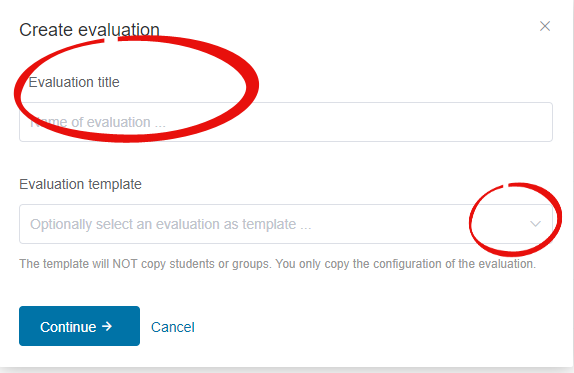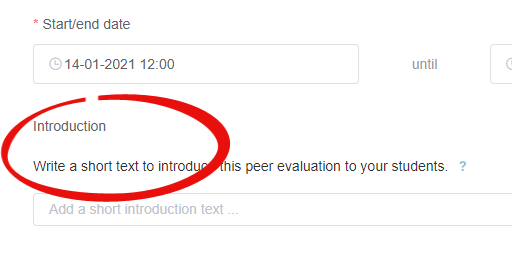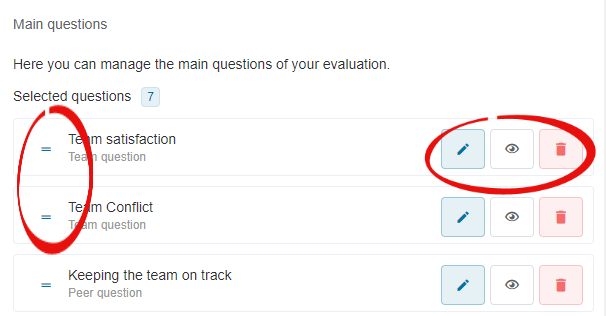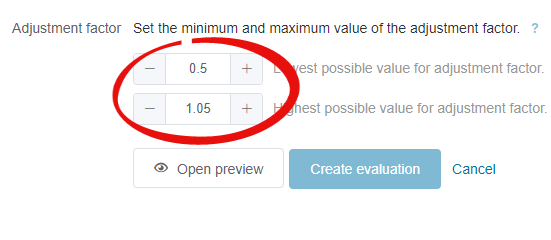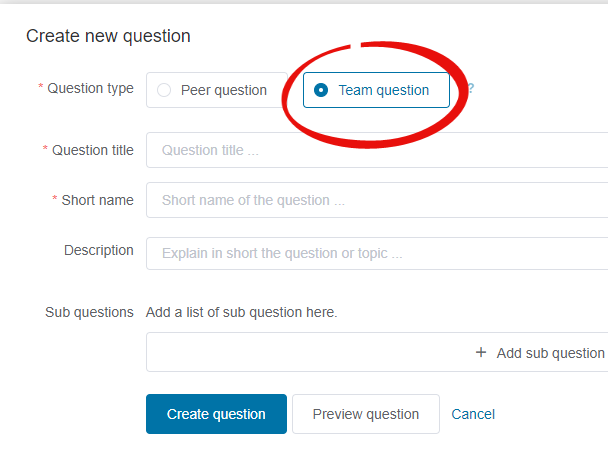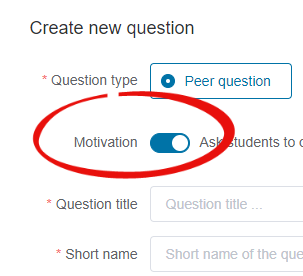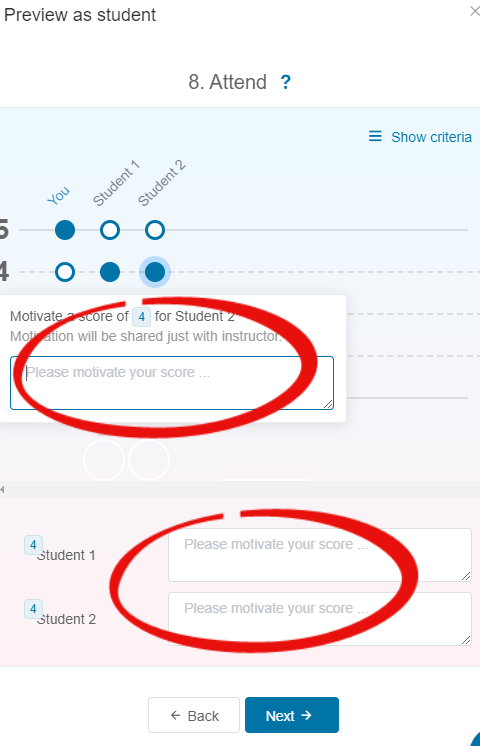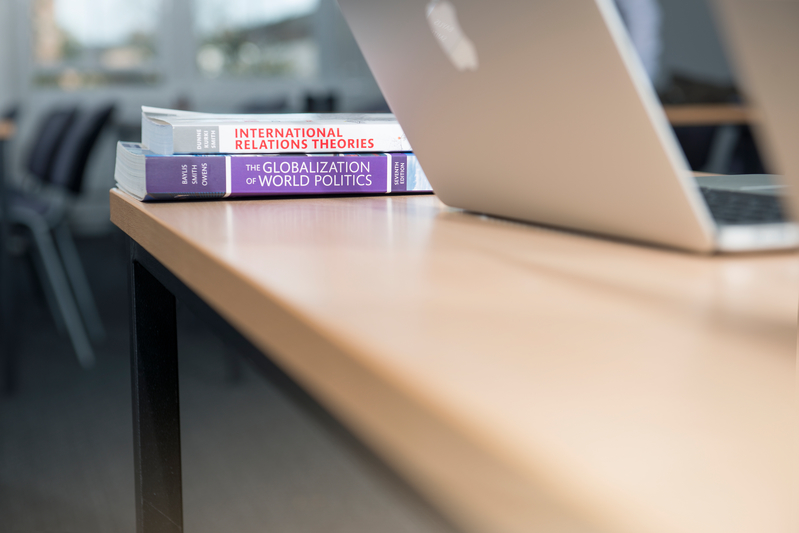At Newcastle University we are choosing new software for students to take digital exams. The exams will include auto-marked questions like multiple choice or fill in the blank, and written exams that you can take online. Students will be able to use the software on their own laptops, or use university computers.
The software we choose must be user friendly. That’s why we’re inviting students to volunteer for usability testing. Your input will be key in determining the software that students will use in the future at Newcastle.
What’s usability testing and how can I get involved?
- Complete the testing online any time that suits you, between Monday 26 April 2021 and Friday 21 May 2021
- You need a computer connected to the internet
- You will be given login details, and a series of tasks to do in each system
- When you finish the tasks in each system, complete a survey about how user friendly it is
- You may need to install some software on your computer. You can uninstall it when you’ve finished testing
- You will need to test up to 4 software systems. Testing each one will take approximately 1 hour, and you can split the time up however you want, to fit your schedule
Why take part?
- Develop your digital capability, one of the attributes of the Graduate Framework
- Great addition to your CV/resume
- Receive a Certificate of Participation
- Have a say in the software the university uses for digital exams from September 2021
Sign up
Complete this form by 12 noon on Wednesday 21 April 2021 to volunteer.
You will receive further details when you sign up. If you have any questions, please contact digital.exams@newcastle.ac.uk.


